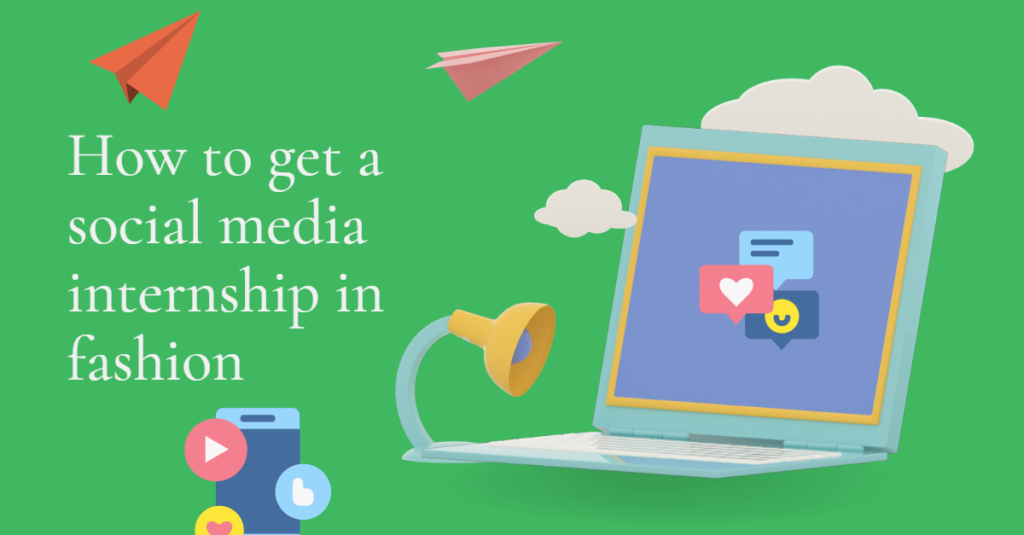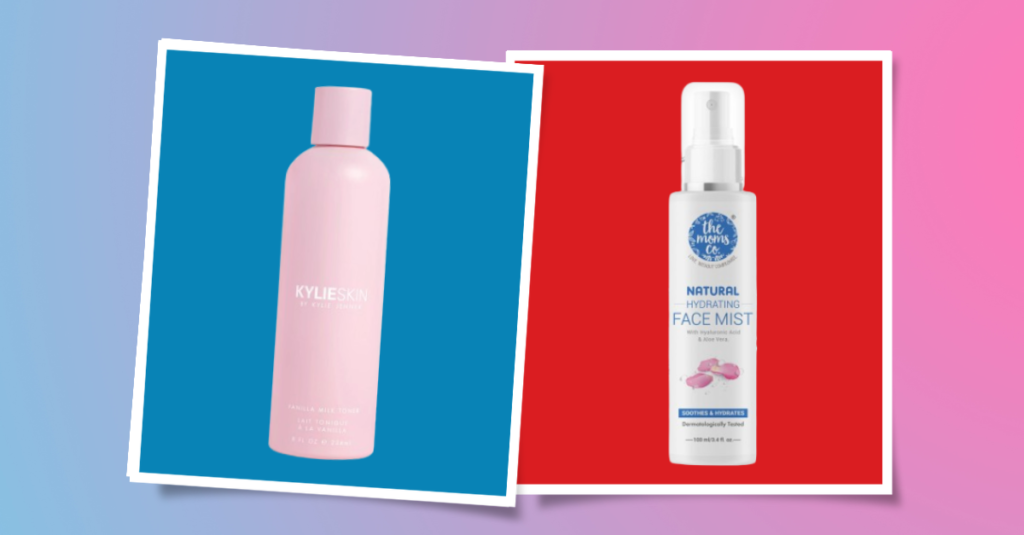How To Relieve Stress and Depression
Are you searching for How to Relieve Stress and Depression? then you are in right place. Everybody experiences stress at some point in their lives. It doesn’t matter if the cause is at the workplace, at home or at school, it could cause serious harm to our well-being. The ability to reduce the stress you feel throughout your life is essential for our physical and mental health. Being aware of what might occur if we don’t manage stress is as crucial in finding methods to reduce anxiety.
-
How Stress Affects the Body
If you’ve heard people saying, “I’m so stressed out” It’s because they’re experiencing the effects that stress can have on their bodies. Stress can affect nearly every aspect of your body. Cortisol and adrenaline cause your heart to beat fast as your breathing gets faster and your muscles tighten up.
Stress can trigger:
- Headaches
- Depression
- Heartburn
- Insomnia
- Rapid breathing
- Insufficiency in the immune system
- Blood sugar levels are high.
- High blood pressure
- Stomach problems
- Infertility
Stress can result in eating too much, which can lead to issues with health such as obesity and diabetes. With all the negative ways stress can have on our bodies, it’s vital to find ways to ease stress and avoid developing these ailments. Let’s find out more about How to Relieve Stress and Depression.
-
A few ways to reduce stress
If you’re experiencing stress and don’t know how to overcome it, you can try these exercises to relax.
- Exercise
It is believed that exercise is the most effective way to reduce stress. If you exercise, the cortisol hormone that causes stress is decreased and feel-good endorphins are released. Endorphins help you feel in a happier mood and can assist in relieving the pain. It’s not necessary to join a gym for exercise. Select an activity you love such as hiking, walking dancing, dancing or anything else that brings you joy.
This increases the chances of you actually participating in the thing and enjoying it.
- Lower Your Caffeine Intake
Caffeine may give you the boost that you require to start your day but too much caffeine can cause anxiety and anxiety. Although some people may drink many cups of tea or coffee, however, others might feel anxious after only one. Caffeine isn’t just found in tea and coffee. Many energy drinks and chocolate are also packed with a lot of caffeine.
If you’re looking to be less stressed and less stressed, you should reduce your intake of coffee you consume each day to test if this makes you feel more relaxed. Read and know more about How to Relieve Stress and Depression.
- Have a Good Laugh
Do you remember the time you were a young child and you would be a laughing machine all the time? It was pretty enjoyable was it not? It’s not necessary to stop laughing even if you’re an adult. Laughing out can reduce stress. It also relaxes your muscles and makes you feel great.
It has also been proved scientifically to lower stress. An investigation that involved cancer sufferers showed that those who were in a group that incorporated laughter experienced more relief from stress than those who didn’t participate in the group.
- Try Yoga
If you’ve observed that people who do yoga are more relaxed, this may be due to the benefits yoga has on your body. Yoga concentrates on breathing to connect the body and mind. As a result, you will begin becoming more relaxed. A lot of the benefits of yoga appear to be focused on lowering cortisol levels and blood pressure. These may also lessen the impact stress can have on your body.
- Listen to Relaxing Music
If you’re feeling anxious, play music at a slower pace to let you calm down. In some cases, listening to this kind of music can lower cortisol and blood pressure levels. Nature music and instruments are just a few types of music that may be relaxing.
-
How to Relieve Depression
Depression is a very common, but manageable mental health issue that can be treated. For adults and teens seeking Depression treatment, also be aware of the fact that many options other than therapy and medications are readily available. For certain people, there is a way to find out the best way to manage depression without medication.
Although both treatments and depression medications are extremely efficient, there are numerous alternative treatment options in the treatment of depression you could be interested in knowing more about.
-
A few of the methods to relieve depression
- Light Therapy
Therapy for depression with light is an intriguing alternative to natural treatments for depression. For people suffering from the disorder known as seasonal effect (SAD), light exposure has been found to boost levels of serotonin. The chemical that is found in the brain is linked with the regulation of mood.
If you’re unable to get outside to obtain vitamin D from nature, consider purchasing a visor or lightbox that is able to be utilized for one-half hour per day, to help alleviate depression symptoms by re-creating sunlight.
- Healthy Diet
It’s well-known that diet has a direct impact on mood. If you’re conscious of what you eat, eating excessive quantities of processed food, sugar, as well as other unhealthy choices, are sure to increase your symptoms of depression. When you’re dealing with depression at the workplace or at home It’s not hard to change your diet in order to boost your mood.
Reduce your consumption of sugar is associated with mood disorders in research. Consuming fewer sweets can help stabilize your blood sugar levels and boost your mood.
- Meditate
Meditation is an ancient practice that has been proven to provide immense benefits for a variety of mental health issues, such as depression, anxiety post-traumatic stress disorder (PTSD) as well as depression, finding ways to quiet your mind and concentrate on breathing by practising meditation could have a major influence on your mood and ability to manage depression.
Furthermore, research has demonstrated promising results for mindfulness-based cognitive therapy in order to avoid the relapse of depression episodes.
- Get Enough Sleep
Depression and sleep disorders have been associated in numerous studies. They’re so widespread that sleep disorder is thought to be a major aspect of depression. Aiming to develop and maintain a regular and healthy sleeping schedule could reduce the symptoms of depression and also have positive effects on other aspects of your life too.
- Yoga
The practice was first discovered in the ancient world of India Yoga is an acknowledged kind of alternative medicine that employs techniques for mind and body to improve physical and mental health. While research isn’t extensive, however, it was found in an analysis of 23 studies found that yoga-related practices are efficient in managing and reducing depression-related symptoms.
Yoga is also an excellent way to increase strength, flexibility and stability.
Conclusion
Stress and depression are inevitable responses that the body experiences. It’s normal to experience moments when you feel more or less stressed. Since we aren’t able to change the world and totally eliminate depression and stress, learning the best ways of managing it healthy manner is crucial. Find your triggers and follow these easy tips to control those negative emotions. So, this concludes our topic for How to Relieve Stress and Depression.

My name is Rohit Vagh and I’m a content writer specializing in fashion and lifestyle. I have three years of experience in this field and have written various articles. My writing style is creative and engaging, and I strive to create content that resonates with my readers. I have a deep passion for fashion and am constantly researching the latest trends and styles to make sure my readers are up to date. I’m excited to continue my career in blogging, and I’m always looking for new opportunities in the fashion and lifestyle space.






You need to be a part of a contest for one of the best blogs on the net. I will highly recommend this blog!
Thank You So Much.